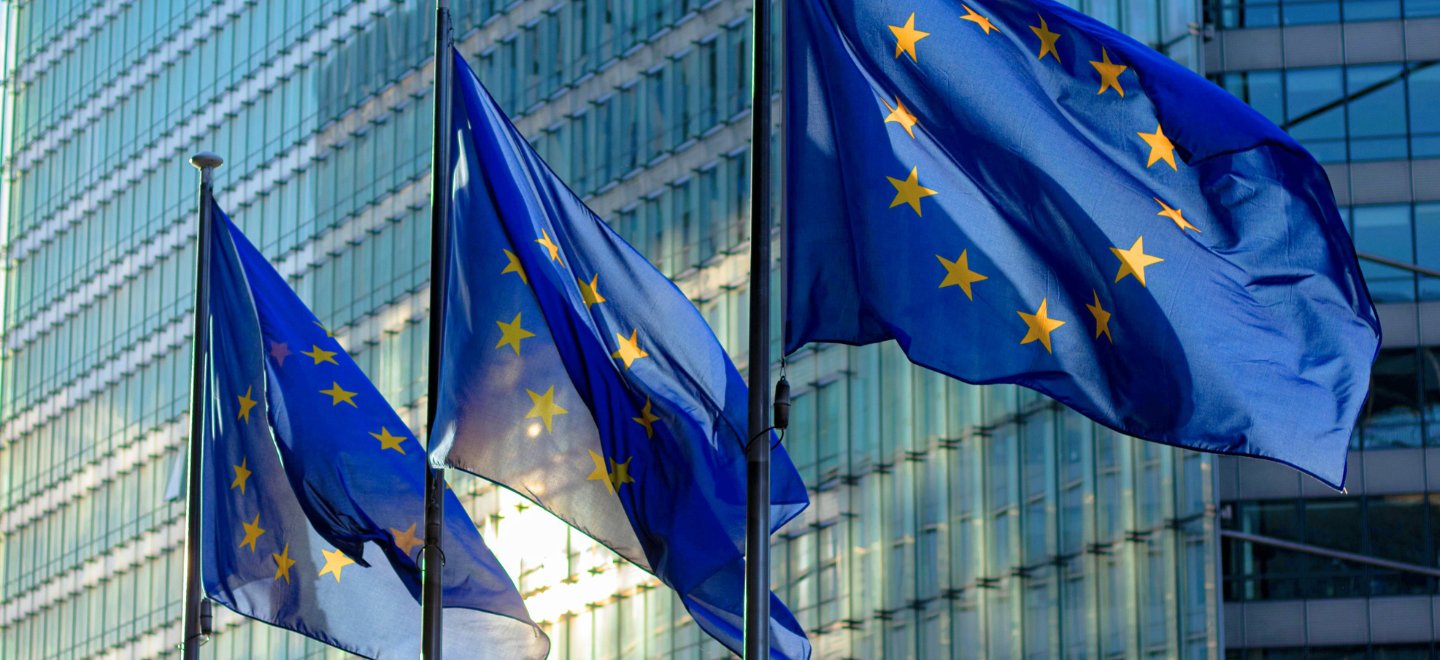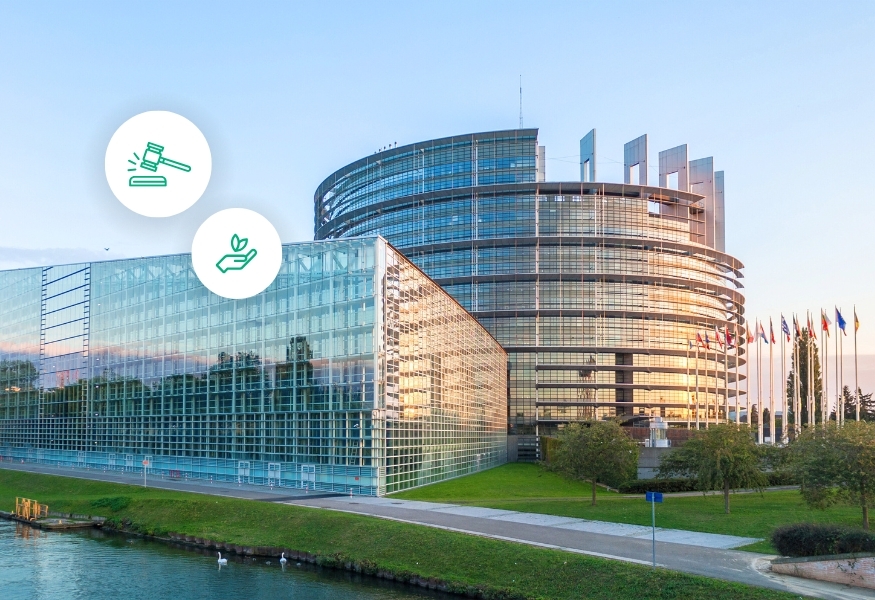What’s new in EU sustainability regulation? Summary of recent updates

The European Union has recently published several regulatory updates related to corporate sustainability. These changes affect sustainability reporting requirements, due diligence obligations, climate-related import rules, and classification systems like the EU Taxonomy. Below is a summary of the key developments that may impact companies operating in or with the EU market.
Updates to CSRD and CS3D: Thresholds raised, scope adjusted
The Council of the EU has agreed on its position regarding two important frameworks:
Corporate Sustainability Reporting Directive (CSRD)
- The employee threshold is proposed to increase from 250 to 1000 employees.
- Listed SMEs would be excluded from the scope of the directive.
- A net turnover threshold of €450 million has been added.
- The Council included a review clause for possible extension of the scope in the future.
Corporate Sustainability Due Diligence Directive (CS3D)
- The directive would apply only to companies with at least 5000 employees and €1.5 billion in net turnover.
- The due diligence obligations would focus on a risk-based approach, covering the company’s own operations and its direct (tier 1) business partners.
- The requirement to prepare a transition plan would be postponed for two years.
These adjustments are intended to reduce the administrative burden on companies. Once the European Parliament finalizes its position, interinstitutional negotiations can begin.
Revised ESRS drafts and “quick fix” for wave one companies
In June 2025, EFRAG released revised exposure drafts of the European Sustainability Reporting Standards (ESRS). These are open for public consultation until 29 September 2025. The revisions aim to clarify and streamline reporting requirements.
In parallel, the European Commission adopted a “quick fix” for companies already preparing sustainability reports under CSRD. This update is intended to ease the transition into the new reporting framework.
VSME proposal: Voluntary standard for non-CSRD companies
The Commission has issued a recommendation to adopt the VSME (Voluntary Sustainability Reporting Standard for non-listed Medium-sized Enterprises). This standard provides a reporting framework for companies not covered by the CSRD.
VSME is expected to be formalised as a delegated act in a later phase. The timeline will depend on the progress of the Omnibus 1 legislative proposal.
🔗 European Commission publication
CBAM simplification: new reporting threshold
The Council and Parliament have agreed to simplify the Carbon Border Adjustment Mechanism (CBAM). The proposed change would introduce a reporting threshold of 50 tonnes of imported goods, potentially reducing compliance requirements for smaller importers.
The final legislative steps are still ongoing.
EU Taxonomy: measures to simplify application
To simplify the EU Taxonomy, the Commission has adopted measures to make its implementation easier for companies. These adjustments are intended to reduce complexity and improve the practical application of the taxonomy rules.
Main points include:
- a 10% materiality threshold for reporting: all companies are exempt from assessing non-material activities, i.e. less than 10% of their total turnover, OpEx or CapEx.
- DNSH criteria for pollution prevention are simplified
- Previously mandatory reporting on nuclear and fossil activities is removed (Annex XII)
- For financial undertakings, the green asset ratio (GAR) for banks and other indicators are simplified,
- And finally, reporting templates will contain fewer data points (e.g., 64% for non-financial companies and by 89% for financial companies).
What’s next?
Now is a good time for companies to assess how these changes may impact their operations and to prepare for any new requirements or opportunities. If you need support with the assessment, don’t hesitate to reach out to our sustainability services team!



